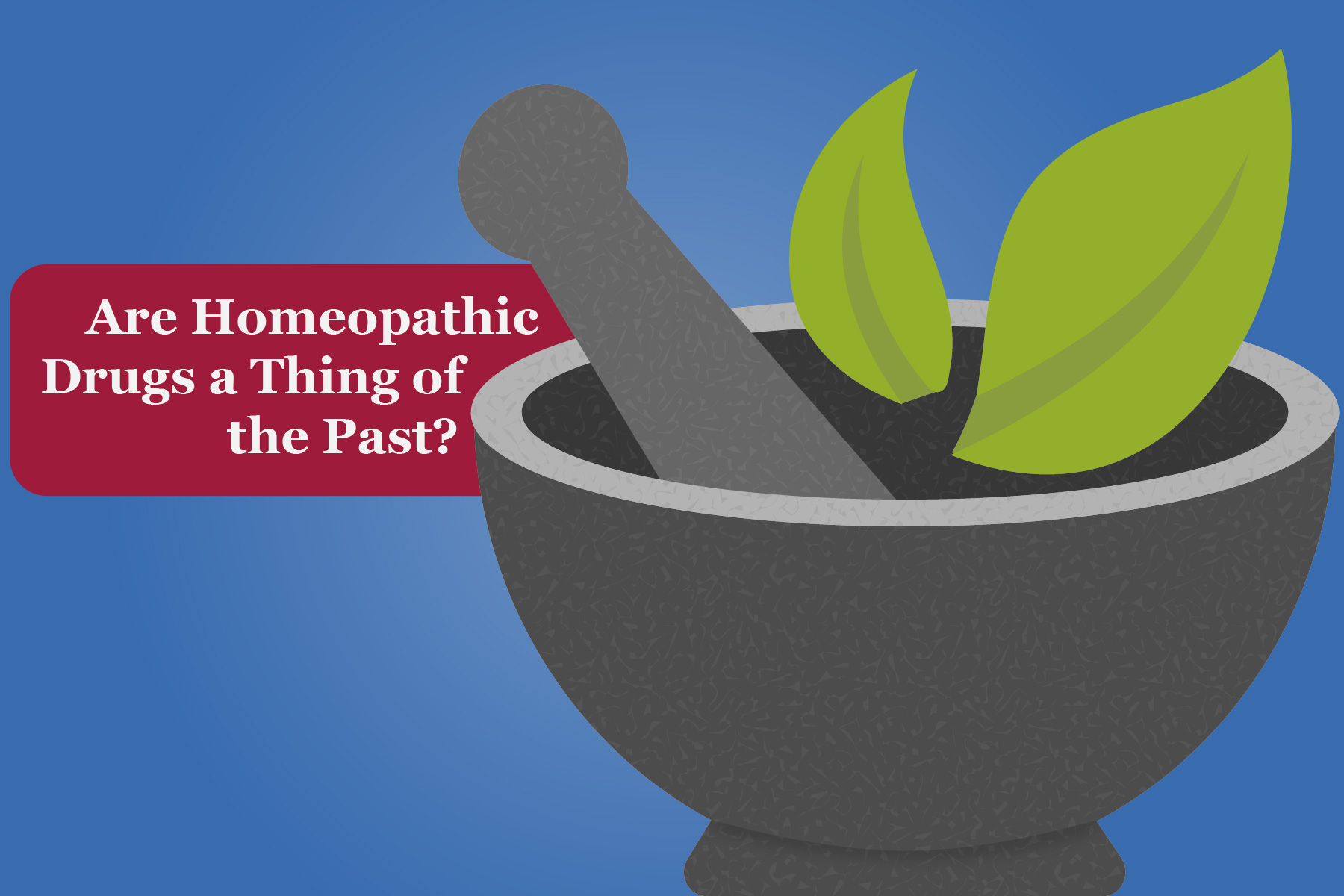Homeopathic medicines have been around since the 1700s, and the premise behind them has not changed much in the past 300 years. The idea behind them is the premise of “like cures like”, meaning that the substance that causes a symptom in a person, can be used in a diluted form to cure that symptom. This logic is very similar to that of vaccines – using an inactive form of a virus to create immunity to that virus in the host body. Despite these similarities, the debate between homeopathic drugs and conventional drugs has been ongoing for as long as both have been around. 1
In modern-day, the big difference between homeopathic and conventional drugs lies with FDA regulations. Currently, there are no FDA approved homeopathic medicines. Up until recently, homeopathic drugs were allowed on the market through an FDA guideline established in 1988, Compliance Policy Guideline 400.400, “Conditions Under Which Homeopathic Drugs May be Marketed”. This pathway was significantly less involved than the FDA pathway for conventional drugs because the FDA was not particularly concerned about the safety of homeopathic drugs. This lack of concern was because homeopathic drugs are typically made of natural ingredients at a very diluted concentration. Recently, however, The FDA has had growing concerns about the safety of homeopathic drugs, as there have been situations where they have contained toxic substances or had stronger concentrations than advertised. These concerns have led the FDA to retract guideline CPG 400.400.1
Without this guideline in place, all the homeopathic drugs that have been able to exist unregulated on the market will now require the submittal of a New Drug Application. This will make legally marketing homeopathic drug very challenging since homeopathic drugs are typically made of common substances (making it difficult to get a patent), and are typically tailored for individuals (making it difficult to conduct clinical trials with significant findings).
While the FDA is in the process of creating new guidelines around homeopathic medicines, the homeopathic medicine community is strongly fighting back in hopes of convincing the FDA to reconsider the changes they are making. Until this gets sorted out, however, there is certainly a gray area around homeopathic medicines. Whether you are currently marketing homeopathic medicines, or if you are just starting to develop homeopathic medicines, our regulatory experts at EMMA International can help ensure your product is compliant with the regulatory requirements. Contact us at 248-987-4497 or info@emmainternational.com for additional information.
1FDA. (2020, February 11). Homeopathic Products. Information by Drug Class, 1-3. Retrieved November 01, 2020, from https://www.fda.gov/drugs/information-drug-class/homeopathic-products





